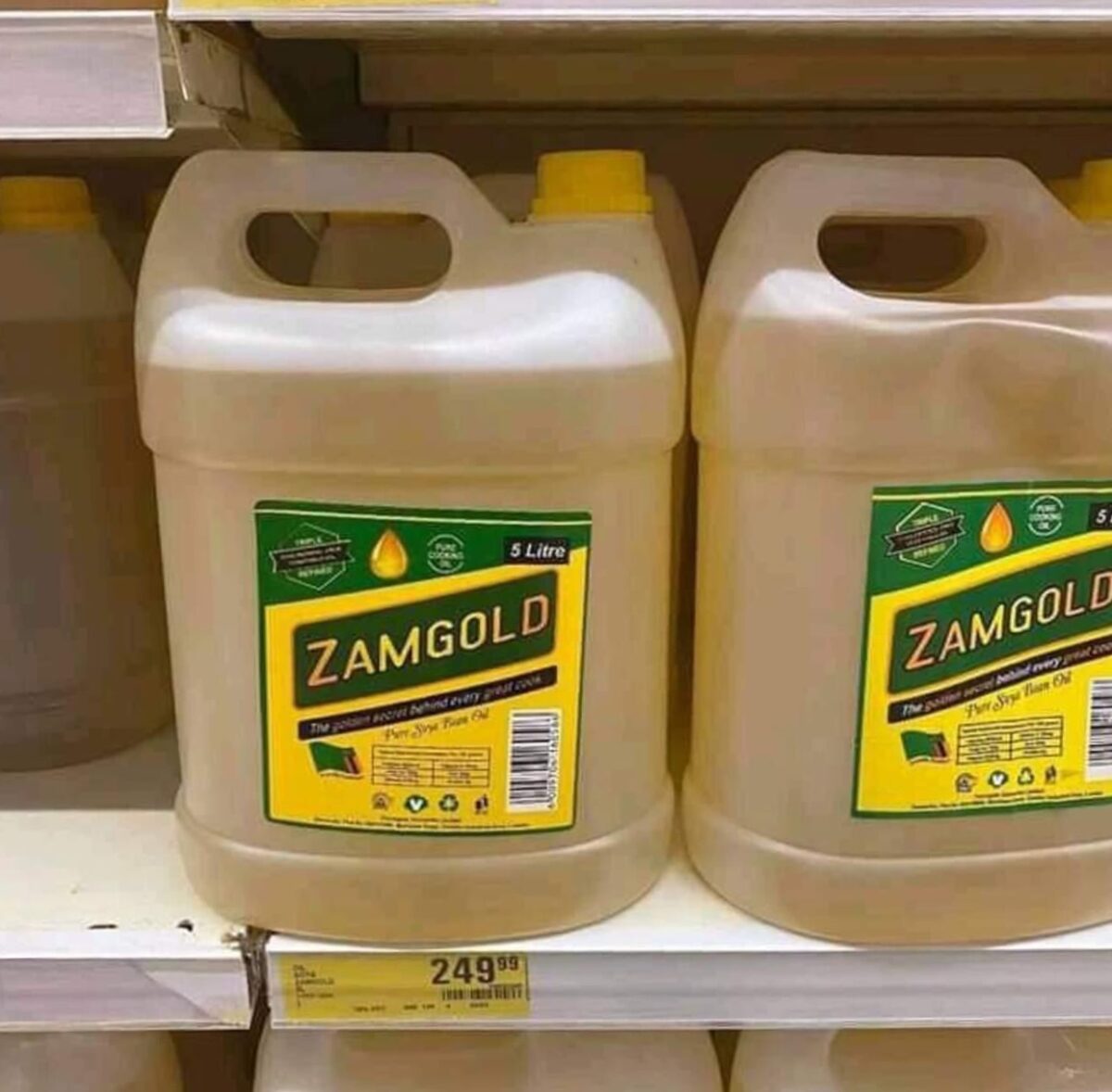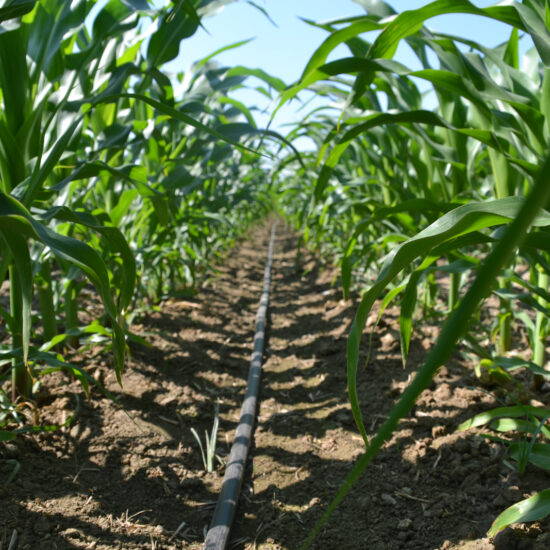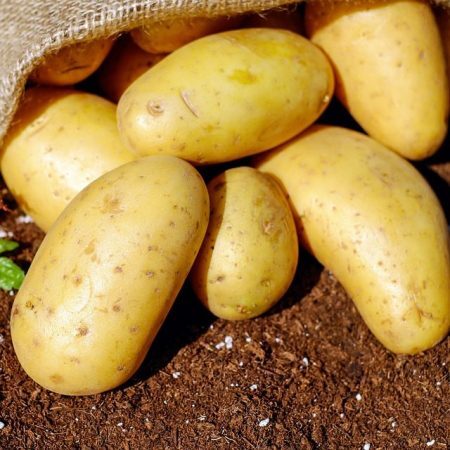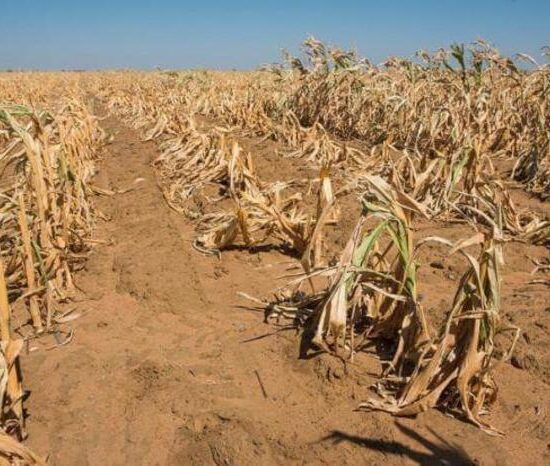
Crushers and Edible Oil Refiners Association – CEDORA members who had earlier stated that imported refined cooking oil would still land at a higher price than their final cooking oil products have u-turned and requested government to grant them import permits for refined cooking oil.
This follows the recorded drop in cooking oil prices following the government issuing of an import quota to traders to bring in refined cooking oil to plug up the supply gap that had seen retail prices continue to increase out of the reach of most working class Zambians.
An impeccable source has disclosed to the Zambian Business Times – ZBT that government has rejected a request by local cooking oil manufacturers to start importing packed refined cooking oil, after the prices of cooking oil dropped.
The source said the Crushers and Edible Oil Refiners Association (CEDORA) has asked government to allow them to import packed refined cooking oil as opposed to the current scenario where they import crude palm oil which they then refine locally.
The source said it is surprising that CEDORA wants to start importing refined cooking oil, as they were not for the idea of allowing the importation of refined cooking oil saying that they could beat the price of imported cooking oil.
The source said it is not clear why the association wants to start importing refined cooking oil as government has suspended Value Added Tax (VAT) on the importation of crude palm oil which should assist with the cost of importing the oil.
When contacted for a comment, CEDORA Director Aubrey Chibumba said he could not comment on the matter. Chibumba in the past disclosed to ZBT that local oil processing has contributed to the increase in soya beans cultivation from less than 100,000 metric tonnes per year in 2014 to the current production of over 410,000 metric tonnes this year.
Chibumba had told ZBT that 360,000 metric tonnes of soya beans was produced in 2016 but the poor prices resulted in over 100,000 local farmers exiting the cultivation of soya beans and the national cultivation dropped to 240,000 tons per year after that price crush.
He mentioned that this year’s crop from local farmers is expected to exceed the crop from commercial farmers for the first time, which has been made possible because small-scale farmers have noticed that crushers are paying good prices for soya beans.
Chibumba said soya beans is currently trading between K9 and K12 per Kg compared to the last season when the price closed at K5/Kg adding that this is the momentum that is needed to sustain the good soya beans prices currently prevailing on the market.
He said the association has proposed solutions that must be implemented before the 2021/2022 cultivation season which include local farmers having access to the best prices and will work with the Grain Traders, ZNFU, aggregators and other stakeholders to ensure that local farmers are not paid below cost prices.
Other proposed solutions include structured exports of oil seeds and market access support among other factors.
Chibumba stated that the country has huge opportunities within the agricultural space such as the oil seed cultivation and processing, a sector, which has over 800,000 tons of installed soya bean crushing capacity.
He further revealed that there are two new crushing plants under construction, which are likely to be operational by the end of the year.






